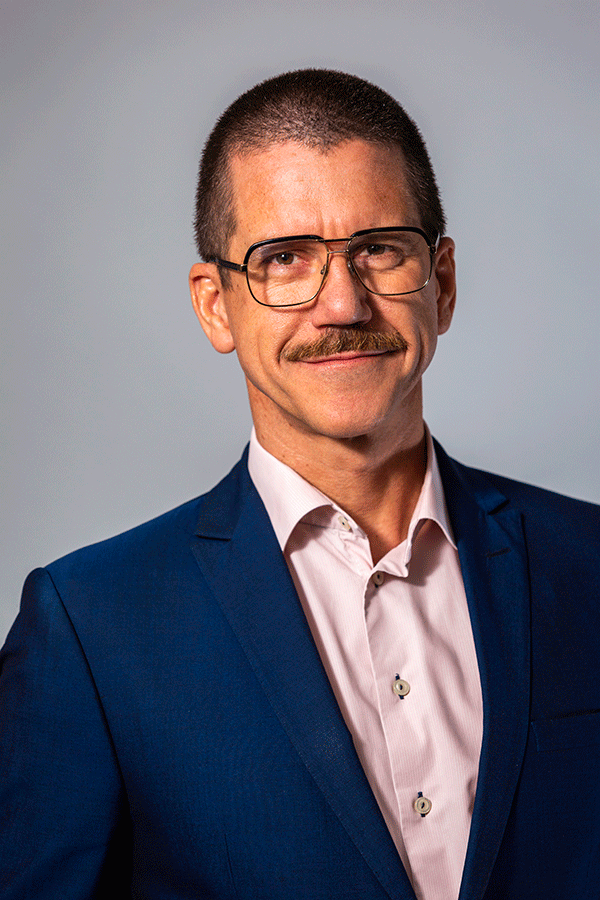Thomas Lawson
Thomas Lawson, Chief executive, Turn2us
Thomas Lawson is chief executive of the UK charity, Turn2us. The organisation provides practical help for families struggling financially. Among the assistance offered are online tools, such a ‘benefits calculator’, and a free, confidential helpline for members of the public.
The charity also runs campaigns, including one challenging the cut to Universal Credit, something that would detrimentally impact people all over the UK who rely on it to keep their heads above water - especially in the context of the Covid-19 pandemic, which destabilised many more families financially.
“ We have seen the public perception of homophobia, racism and mental health change radically over the last decade. We can and should do the same for poverty”
Thomas Lawson talks with Project Twist-It
What is Turn2us?
Turn2us is a national charity that fights both the causes and symptoms of financial exclusion. We were founded in 1897 by Elizabeth Finn. So people can thrive, we focus on building financial security in the face of financial shocks caused by life-changing events.
What type of work is the organisation engaged in?
We provide practical support to people struggling without enough money to live on. This includes our grant making and high-quality information, like our Benefits Calculator, Grants Search tool and our helpline, which support millions of people every year. On top of this, we run policy-focused campaigns with the aim of tackling the underlying causes of financial hardship.
Are there particular Turn2us campaigns or activities you are especially proud of?
I am particularly proud of our organisation's response to the Coronavirus pandemic. Within a few days of the first lockdown, we designed, funded and launched an emergency grant scheme. Over the course of the summer, we awarded over £1.3 million in £500 cash grants to over 7,700 people in 3,000 households.
How has the pandemic impacted on the organisation’s work, especially as lots of people faced new or increased financial hardship?
We saw an immediate increase in demand for our services during the coronavirus pandemic. Those of us already struggling with money, saw our situation worsen, and millions more experienced sudden financial hardship for the first time. To support people through this period, we expanded our services, including opening our helpline on the weekends, more server space to manage the significant increased traffic to our digital tools and our new Covid grant.
How did you personally become interested in fighting poverty?
Throughout my career, I have been supporting the fights against prejudice and unfair barriers experienced by those of us who identify as LGBTQIA, those caught up in the criminal justice system and for people of colour. A consistent truth for people who are socially excluded is the systemic financial exclusion that goes along with it.
What would you say has been the dominant narrative around poverty, and people experiencing it, over the past decade?
There is certainly a ‘blame’ discourse around poverty in the UK. People are seen as feckless, indolent, stupid and unable to manage budgets. It couldn’t be further from the truth. Anyone of us can be a missed paycheque, illness or bereavement away from a real financial crisis, which is why it is so vital we tackle this conversation head-on.
What impact does this have both on policy and on people affected?
The consequences of this deceitful narrative are profound. The shame and stigma stop us seeking the support for which we are eligible. We don’t reach out for support, we don’t claim benefits as soon as we need to and we end up in the trap of poverty-premium hell, when everything is more expensive – utilities, phone contracts, insurance. The false narrative allows the cutting, capping and freezing of working age benefits, which is in dire need of investment. It allows unfair employment contracts. It stops us from holding the government of the world’s fifth richest nation to account at the voting booth. We can tackle poverty – just as we saw with the positive impact of the triple lock pension.
Do you think it’s possible to shift public perception away from the idea that people who are poorer or in receipt of benefits are somehow lazier or undeserving?
Absolutely, we have seen the public perception of homophobia, racism and mental health change radically over the last decade. We can and should do the same for poverty.
What in your view would help bring about a sea change in the stigma and shame attached to poverty?
If there are any positives to take from the coronavirus pandemic, it has highlighted to so many people that financial crisis can happen to any of us. We need to build on this understanding and compassion to work towards that sea change. We must hear the voices of those of us who have fallen on the wrong side of our economy and listen to our insights, instead of searching for our culpability or seeing us as victims.
What is the role of charities working in the area of poverty in affecting positive change in policy and in public perceptions?
Charities like ours need to provide the platform for people who have lived experience of the issues to tackle the discourse head on. We must also highlight that a financial crisis can happen to any of us and make the case for policy improvements.
Are there any new Turn2us initiatives in the pipeline?
We are currently co-producing a new Grants Search tool, which we hope will lead to more people being aware of and accessing charitable grants (which they don’t have to pay back), instead of getting into debt. We also just launched our new Benefits Calculator. Over 2.6 million people completed calculations last year and each person who went on to claim their entitlement saw an average uplift of £5,320 so they can build their financial security and thrive again.


